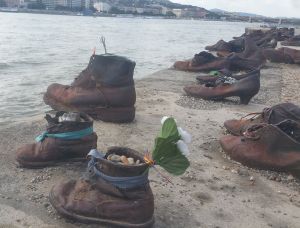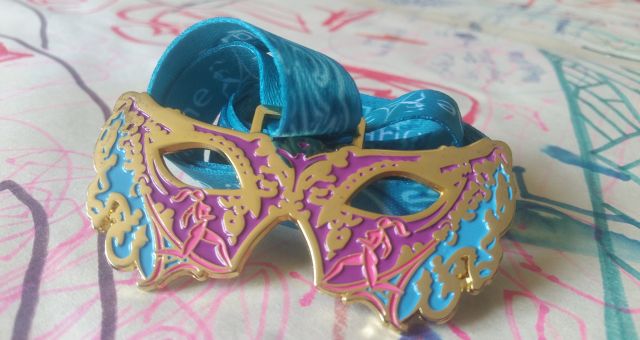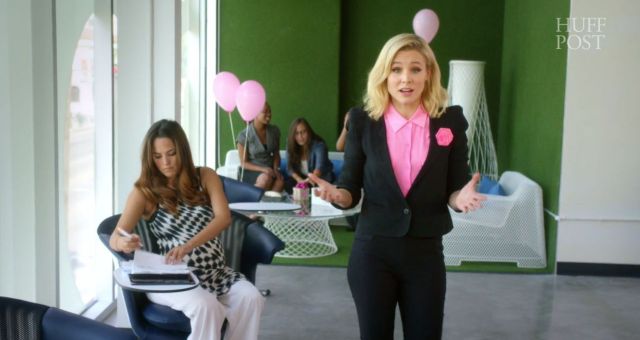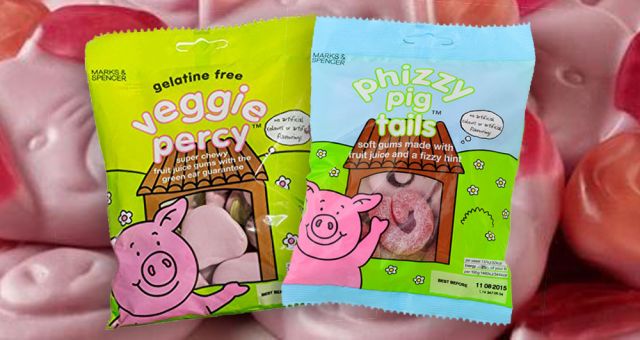The day of the US presidential election, my Facebook world was abuzz with guarded, but giddy, optimism. People feeling good, joining Pantsuit Nation, photographing themselves voting with their kids and grandparents, and placing their “I voted” stickers on Susan B. Anthony’s grave.
The night of the election, the last thing I saw before going to bed was an early exit poll citing change as more important than experience, judgment and “cares about me”. So lots of unhappy, angry people out there wanting a change (Trump) from the status quo (Clinton). Queasy.
The morning after the US election, I awakened to a text from a French friend: Je compatis. With a pit in my stomach, I searched in vain for any definition other than “I sympathize.” Sadness. Disappointment. Fear. Anxiety…as reality set in.
Flashback to one month ago when I had a different type of awakening: I received a form letter from Hungarian Prime Minister Viktor Orbán urging me to vote concerning the EU’s mandate to accept Syrian refugees. He was asking me –a newly minted Hungarian (albeit dual-national) citizen– to vote and enable Hungarians to choose “who they wanted to live with” and “who they wanted their neighbors to be.” Eager to vote, upon Googling “vote in Hungary,” I found that a referendum to block new refugees had just failed. While 98% voted against the admission of refugees, Orbán failed to convince 50% of electorate to vote, so the referendum was defeated.
Relief (that it did not pass).
Guilt (that I could have voted had I known I was able).
Fear (that this eerily resembled early WWII Hungary).
Resolution (to take action).
Synchronicity.
I came across a Facebook post of a moving Les Lolos article about the European migrant crisis and the humanizing documentary, Exode. The comments section quickly galvanized into a collection of much-needed supplies for the Calais “Jungle” (spearheaded and delivered by Help Refugees). After spreading the word, organizing/boxing/labeling, creating an inventory and loading it all onto a truck, we were heartened to learn that the contents of that delivery were in use the next morning. Knowing that migrants and refugees are arriving in droves on a daily basis makes this little action feel like a bandaid on a gaping wound, but it was a start for me.

The leaves inscribed with my family members who were killed during the Holocaust on Tree of Life at the Doheny Street Synagogue in Budapest.
Recently, a mom posted on Facebook that 150 migrant men had just been placed in her child’s school gym — living there with “free movement for 2-3 weeks (at least).” She had legitimate concerns about her neighborhood — not knowing the mental health of these men and potential exposure to contagious diseases (tuberculosis). Then this comment: “As a former refugee who once slept in a school gym for a month (seems like a lifetime ago), I can just say trust me, they want to be there less then you want them there.” I instantly recalled the poem “First they came for the…” about standing up to persecution. I also thought of the MS St. Louis — an ocean liner that took nearly 1,000 Jewish refugees from Germany to Cuba/US/Canada to find them homes abroad at the beginning of WWII. It was sent back because no one would take them.

This art installation represents victims of the Arrow Cross. Ordered to take off their shoes, they were shot at the edge of the Danube so that their bodies fell into the river and were carried away. Their shoes were left behind on the banks.
My awakening about Europe’s immigrant crisis was the realization not that “this could this could be me” but this was my Hungarian family. My grandfather had the knowledge, the foresight, the courage and the means to escape the threat of Nazism at the beginning of WWII. Except for a lucky few, my Dad’s entire family tree perished. Hungary did not want Jews…or minorities or migrants — then or now. This summer I traveled to Hungary for the first time. While robustly beautifully and culturally rich, its xenophobia and anti-semitism were constantly on my mind as reminders were everywhere.
Back to the present: PM Orbán heralded Trump’s win as the start of Europe’s cultural counter-revolution and a return to “real democracy”. His enthusiasm is not surprising given his description of asylum seekers as “a poison” and boldly declaring that Hungary does not want or need “a single migrant”. It’s terrifying to see history repeating itself.
Until this week, I had never sent a political email, but the violence, vandalism, threats, and intimidation that followed last week’s US presidential election moved me to action. This Saturday, November 19, at 1pm, I am uniting with others to say NO to racism, misogyny, homophobia, anti-Semitism, xenophobia, and climate change denial. My hope is that this action will counter President-elect Trump’s discourse of hate with a message of tolerance and solidarity. For more information, see Paris Against Trump.
After sitting in a grief hole (credit Maggie Kim-Buñuel) with my post-election blues, I re-listened to an NPR interview with Regina Spektor (Orange is The New Black theme song). She talks about how being an immigrant as a child shapes her perspective as adult and as a parent — her gratitude and empathy, her light from her darkness.



